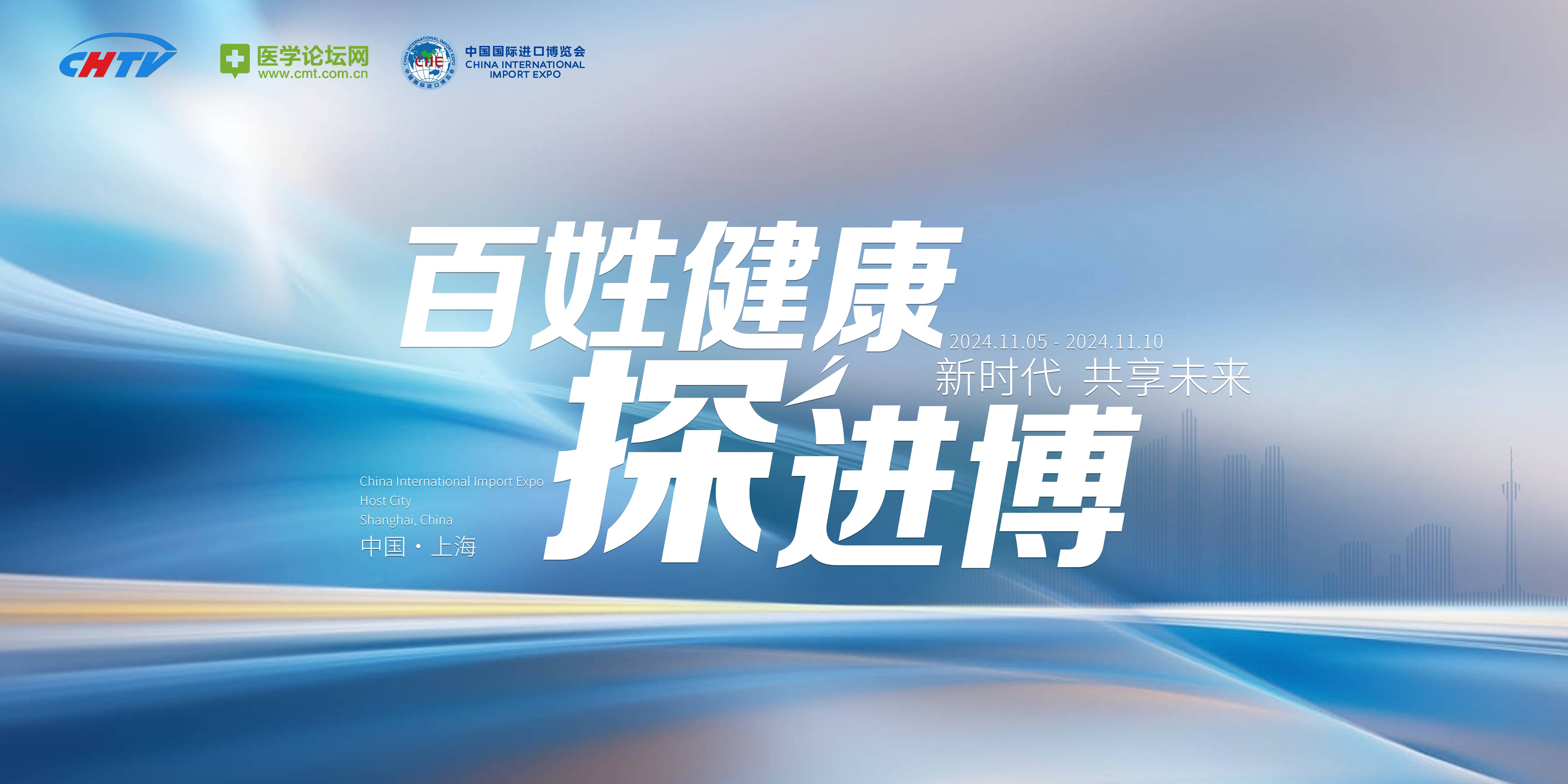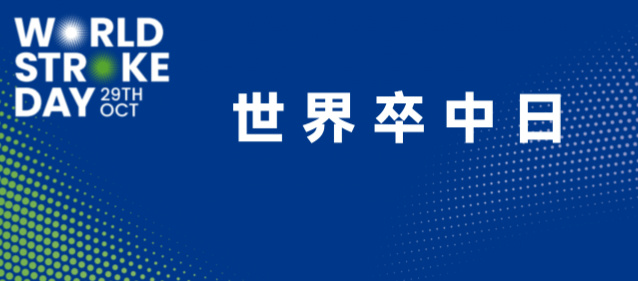危重病人肠外营养能量供应的最优化
危重病人肠外营养能量供应的最优化
The Lancet, Early Online Publication, 3 December 2012
Optimisation of energy provision with supplemental parenteral nutrition in critically ill patients: a randomised controlled clinical trial
Claudia Paula Heidegger MD, Prof Mette M Berger MD, Séverine Graf BSc, Walter Zingg MD, Patrice Darmon MD, Prof Michael C Costanza PhD, Ronan Thibault MD, Prof Claude Pichard MD
Summary
Background
Enteral nutrition (EN) is recommended for patients in the intensive-care unit (ICU), but it does not consistently achieve nutritional goals. We assessed whether delivery of 100% of the energy target from days 4 to 8 in the ICU with EN plus supplemental parenteral nutrition (SPN) could optimise clinical outcome.
Methods
This randomised controlled trial was undertaken in two centres in Switzerland. We enrolled patients on day 3 of admission to the ICU who had received less than 60% of their energy target from EN, were expected to stay for longer than 5 days, and to survive for longer than 7 days. We calculated energy targets with indirect calorimetry on day 3, or if not possible, set targets as 25 and 30 kcal per kg of ideal bodyweight a day for women and men, respectively. Patients were randomly assigned (1:1) by a computer-generated randomisation sequence to receive EN or SPN. The primary outcome was occurrence of nosocomial infection after cessation of intervention (day 8), measured until end of follow-up (day 28), analysed by intention to treat. This trial is registered with ClinicalTrials.gov, number NCT00802503.
Findings
We randomly assigned 153 patients to SPN and 152 to EN. 30 patients discontinued before the study end. Mean energy delivery between day 4 and 8 was 28 kcal/kg per day (SD 5) for the SPN group (103% [SD 18%] of energy target), compared with 20 kcal/kg per day (7) for the EN group (77% [27%]). Between days 9 and 28, 41 (27%) of 153 patients in the SPN group had a nosocomial infection compared with 58 (38%) of 152 patients in the EN group (hazard ratio 0·65, 95% CI 0·43—0·97; p=0·0338), and the SPN group had a lower mean number of nosocomial infections per patient (−0·42 [−0·79 to −0·05]; p=0·0248).
Interpretation
Individually optimised energy supplementation with SPN starting 4 days after ICU admission could reduce nosocomial infections and should be considered as a strategy to improve clinical outcome in patients in the ICU for whom EN is insufficient.



.jpg)


